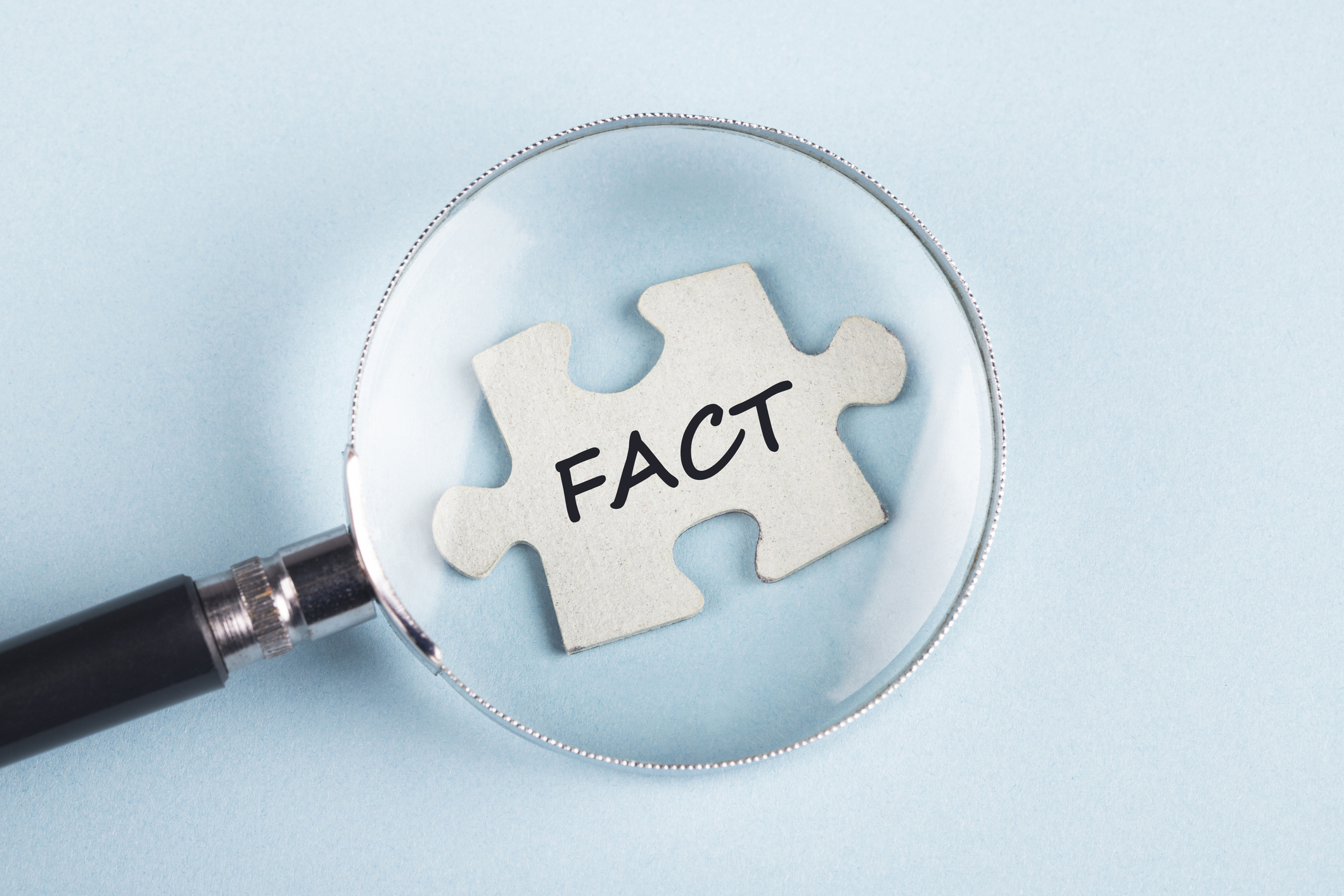
Hurricane Helene made landfall on September 26 and quickly became one of the deadliest hurricanes in U.S. history. The devastation and loss have been immeasurable. And many people are dealing with the impacts of Hurricane Milton, a Category 3 storm that made landfall last week near Siesta Key, Florida.
Unfortunately, as millions work to recover and deal with these disasters, dangerous misinformation is sweeping through social media and other outlets. This false information surrounds the availability of FEMA relief and other disaster assistance, including tax implications.
Militia hunting FEMA?
For example, FEMA personnel in North Carolina recently faced alarming threats stemming from the spread of false information and baseless rumors. The threats reportedly came from what some called "armed militia" claiming to be "hunting FEMA." An individual in North Carolina has since been arrested for threatening to harm FEMA employees working on Helene relief in the area.
However, the threats temporarily disrupted disaster relief efforts in some areas, forcing FEMA to modify its operations to ensure the safety of its workers.
“I take these threats seriously, and the safety of these responders is and will remain a priority for me and my team,” FEMA administrator Deanne Criswell told reporters.
The situation highlights the dangerous real-world consequences of misinformation and the challenges emergency responders face in carrying out their critical duties.
Let’s focus on the facts of some of the main myths and rumors surrounding hurricane relief. If you or someone you know has been impacted, relying on accurate information is crucial to getting much-needed funds and resources.
FEMA misinformation
One of the most common misconceptions involving Hurricane Helene involves FEMA (Federal Emergency Management Agency) assistance. Former President Trump has been part of the problem, spreading false information claiming FEMA assistance isn’t available.
For example, Trump, who is running for President of the United States, falsely stated at rallies and on social media that FEMA funds were diverted to support immigrants and that the federal agency is only offering small amounts of total aid.
MYTH: FEMA has run out of money for Helene disaster assistance, and those in need will only receive $750.
FACT: FEMA has confirmed that it has sufficient funds for immediate response and recovery needs. You should apply for FEMA assistance if you’re eligible and need it. (The agency has a portion of its site dedicated to debunking hurricane rumors.)
Also, while FEMA may provide an initial $750 payment for immediate news, that amount is NOT the limit for assistance.
A range of aid types are available based on need and eligibility including temporary housing assistance, home repair grants, and other assistance. This leads us to a related myth about whether accepting FEMA assistance impacts your tax liability.
MYTH: FEMA assistance is taxable income and will impact other government benefits like Social Security, Medicaid, or SNAP.
FACT: FEMA disaster grants are not considered taxable income. So, accepting FEMA aid won’t affect your federal tax liability and does not have to be reported on your federal tax return.
Also, benefits from other federal programs like Social Security, Medicare, Medicaid, or Supplemental Nutrition Assistance Program (SNAP) are separate and aren’t impacted by your FEMA aid.
Tax relief for hurricane victims
MYTH: All hurricane victims automatically receive a tax deadline extension.
FACT: While many hurricane victims in federally declared disaster areas receive automatic tax deadline relief from the IRS, that might not include ALL victims. Extended filing deadlines, penalty relief, or other modifications may be available based on where you live or where you have impacted records or businesses.
Always check the IRS disaster relief website or consult a tax professional for relief measures that apply to you. Kiplinger also keeps a running list of states with IRS tax deadline extensions.
Another related myth deals with claiming disaster losses on your tax return.
MYTH: Disaster losses can be claimed on any tax year’s return.
FACT: Due to the Tax Cuts and Jobs Act (TCJA), the casualty loss deduction is reserved for losses resulting from federally declared disasters. Generally, disaster losses are deductible on the tax return for the year the loss occurred or on the previous year’s return.
According to the Taxpayer Advocate Service, “Taxpayers may deduct personal property losses not covered by insurance or other reimbursements.”
Note: Your state may also offer casualty loss deductions. Be sure to check state-specific rules, as they may vary.
Hurricane donations
During times of crisis, it’s natural for people to want to help. However, scams and misinformation about charitable giving and tax deductions can create confusion.
MYTH: All donations to hurricane relief efforts are tax deductible.
FACT: While many charitable contributions are tax-deductible for those who itemize deductions, only donations to qualified organizations can be claimed for the deduction. So giving directly to individuals, for example, is not tax-deductible.
Always verify that an organization is a legitimate, qualified tax-exempt organization, before you give or claim a donation on your tax return.
Navigating hurricane relief: Facts vs. fiction
As communities unite to recover and rebuild following devastating Hurricanes and other disasters, having accurate information is crucial. Misinformation can rob people of valuable sources and stir unnecessary confusion about financial aid, other benefits, and, yes, even taxes.
Always verify any information you hear through official channels like FEMA (fema.gov) and the IRS (irs.gov) or seek guidance from a trusted and qualified tax professional or financial advisor.
How to Apply to FEMA? Apply online at DisasterAssistance.gov, use the FEMA mobile app, or call the FEMA Helpline at 800-621-3362.







